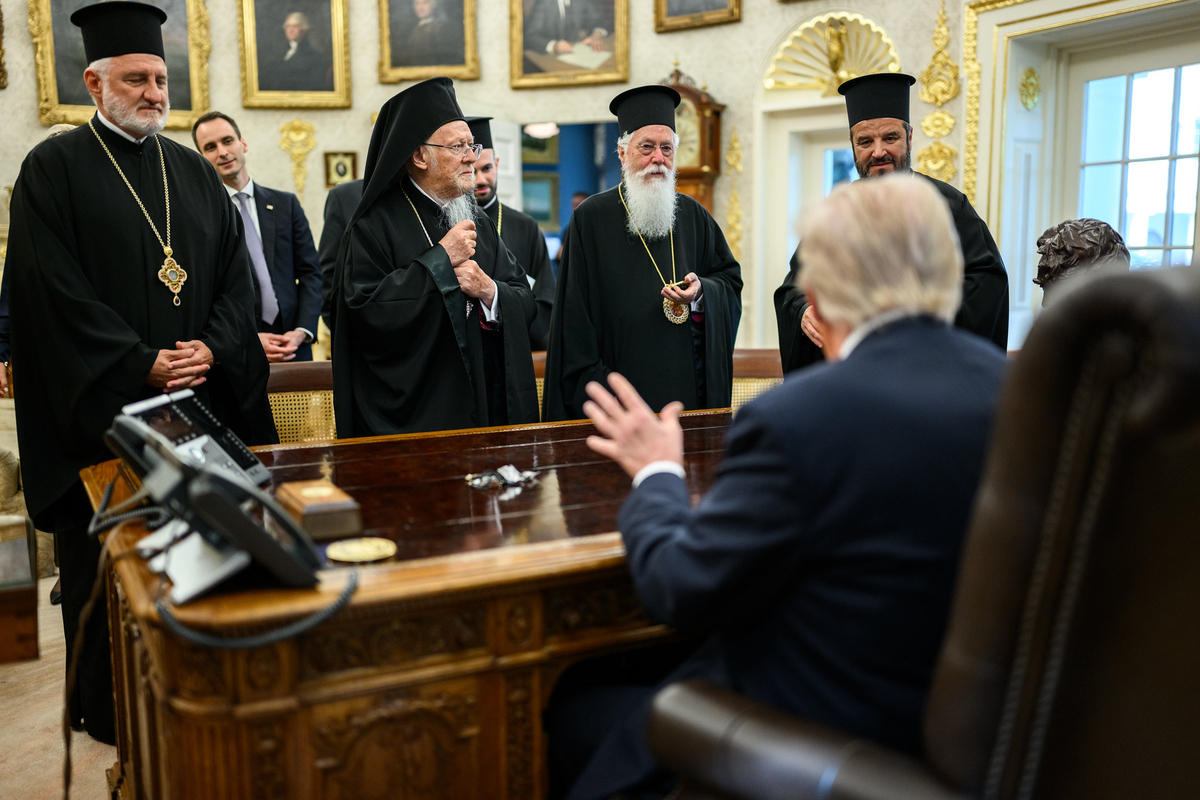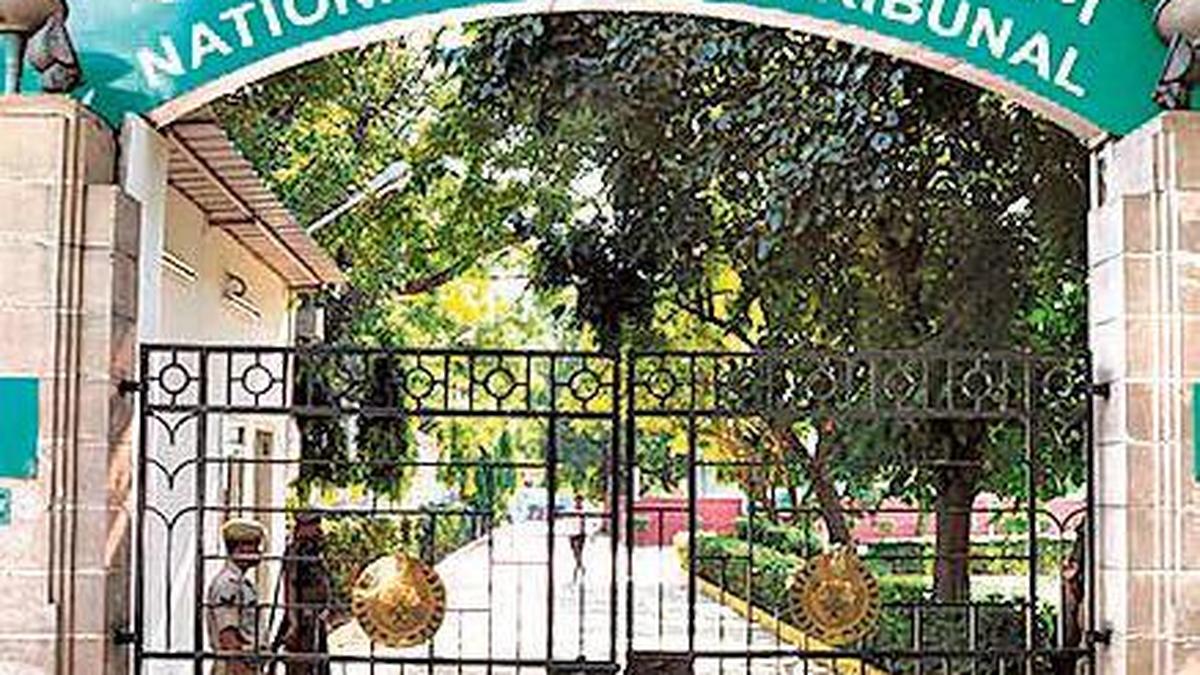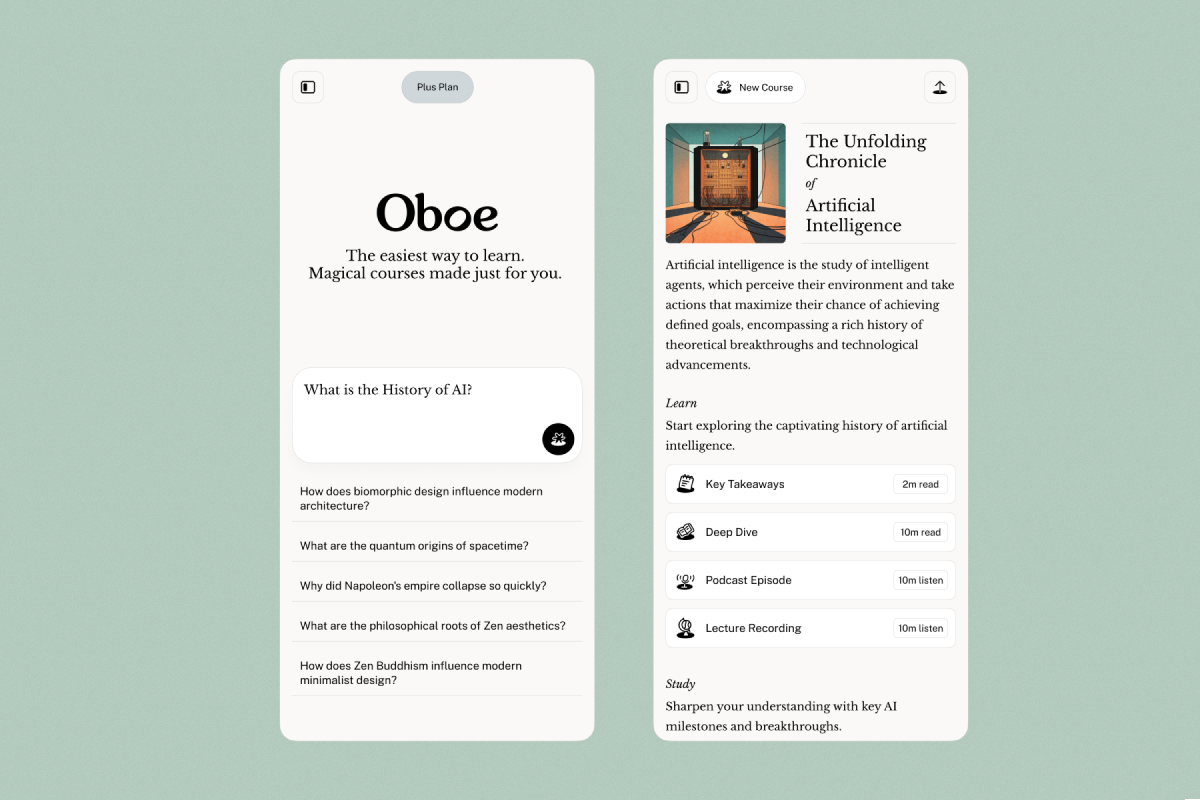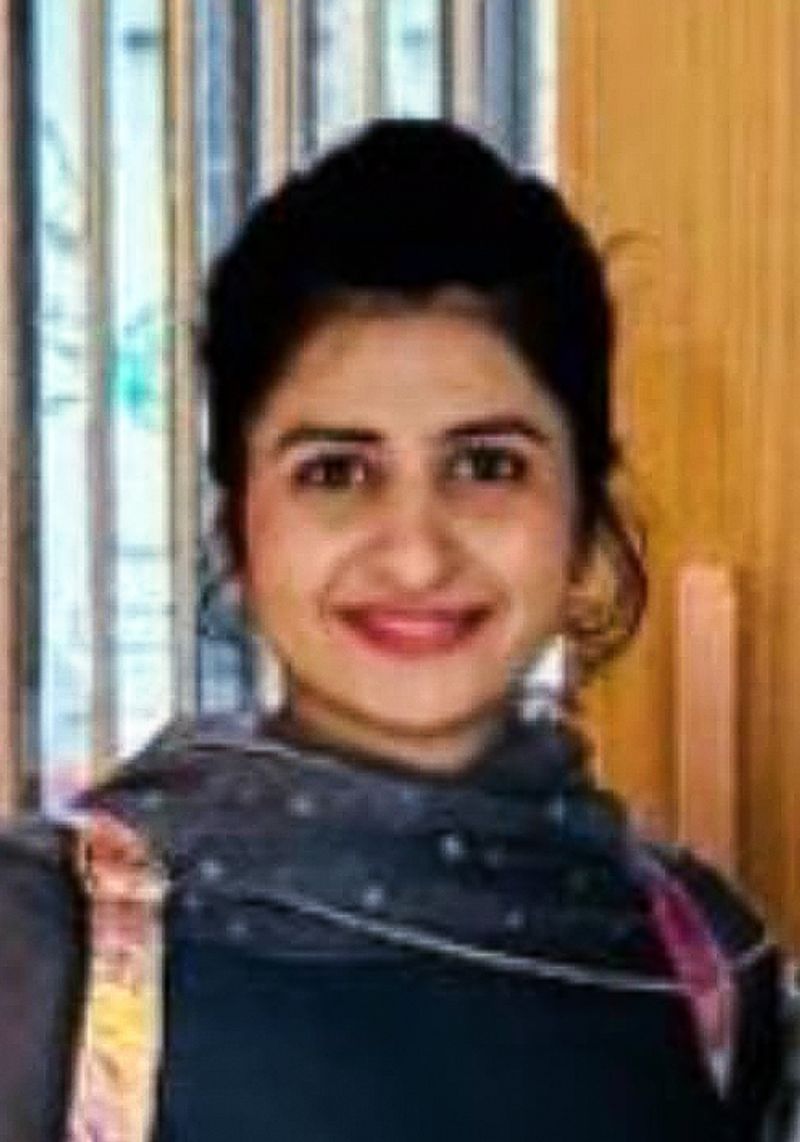Bartholomew’s Diplomatic Pilgrimage: Patriarch Puts Ukraine’s Sovereignty at Heart of Washington Visit
By Alex Raufoglu
Copyright kyivpost

WASHINGTON, DC – Ecumenical Patriarch Bartholomew, the spiritual leader of Orthodox Christians worldwide, visited the US capital early this week for a trip largely dominated by discussions on the ongoing war in Ukraine.
As the “first among equals” of Orthodox Christianity, Bartholomew is no stranger to global affairs. His visit, which included a high-profile meeting with President Donald Trump and Vice President JD Vance, was a testament to his role not just as a religious figure but as a global statesman.
Lawmakers from both sides of the aisle, including Senator Chuck Grassley R-IA) and Senator Jeanne Shaheen (D-NH), were quick to praise his moral clarity and steadfast support for Ukraine.“
His support for Ukraine provides a light in the dark to Ukraine’s many faithful Orthodox Christians amidst one of the most trying periods in Ukrainian history,” said Senator Shaheen, whose constituents include a large Greek diaspora.
Moral voice on the international stage
Following his meeting with President Trump Monday night, Patriarch Bartholomew described the conversation as “warm, cordial,” and “sincere.” The discussion touched on several critical topics, including the plight of the Ecumenical Patriarchate and the Greek Orthodox community in Turkey.
The Patriarchate, based in Istanbul, faces significant hardships, including the decades-long closure of the Theological School of Halki. Both leaders expressed hope that ongoing dialogue with the Turkish government might lead to a positive resolution.
The meeting also highlighted the Patriarch’s role as a moral voice on the international stage.
Unwavering stand for Ukraine
The crisis in Ukraine was a central topic, as US officials told Kyiv Post on Tuesday. Patriarch Bartholomew didn’t mince words, describing Russia’s invasion as an “unjustified and unprovoked war.”
He spoke of the tragedy of the Ukrainian people, mentioning the Holodomor, a Soviet-era famine, and the ongoing suffering from the current conflict, including the thousands of victims and kidnapped children.
The Patriarch’s condemnation of the war is consistent with his broader support for the independence of the Orthodox Church of Ukraine from Moscow’s control, a move he championed in 2019 that has created a schism within global Orthodoxy.
This action, praised by Senator Chuck Grassley, provides “Orthodox believers in areas of Ukraine…the opportunity to practice their Orthodox faith through institutions that do not answer to the Kremlin.”
In a striking moment, the Patriarch highlighted Trump’s “efforts to end wars around the world, particularly in Ukraine,” a commendation that underscores the Patriarchate’s hope for a swift and peaceful resolution to the conflict.
Beyond politics: bridge-builder’s ministry
Beyond the geopolitical, the Patriarch’s visit has a deeper, more spiritual purpose. He is in the US to accept the prestigious Templeton Prize, an award recognizing his work in bridging faith and science.
Hailed as the “Green Patriarch,” he has long been a vocal advocate for environmental stewardship.The conversation with Trump also included a nod to the Patriarchate’s role in global ecumenical efforts, with a discussion of the upcoming visit of Pope Leo XIV to Constantinople.
The Patriarch explained that this planned visit is part of a “dialogue of love” that runs parallel to the formal theological dialogues between the Orthodox and Roman Catholic Churches.
The visit has reinforced Patriarch Bartholomew’s standing not just as a religious leader but as a respected figure in international relations, whose spiritual authority is leveraged for peace, human rights, and religious freedom around the globe.
As Congressman Daniel Goldman (D-NY) noted in his speech on the House floor Tuesday morning, the Patriarch has “stood firmly on the side of justice and sovereignty.”
His declaration that “Ukraine’s sovereignty is not up for debate” serves as a powerful testament to the idea that faith must be “active, that leadership must be courageous, and that peace must be rooted in justice.”



